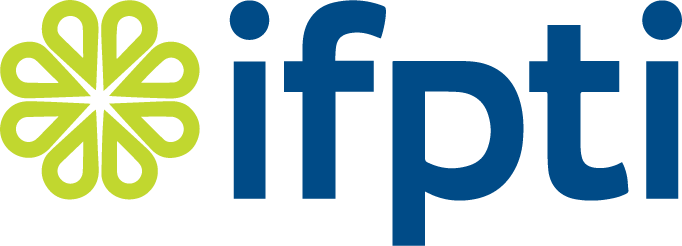Food Protection Professionals NCS
Basic Core
Professionalism
Description: Introductory knowledge, skills, and abilities related to ethics, integrity, and personal conduct.
Competencies by Topic Area:
Click on a competency to expand details and to view all approved learning resources.


